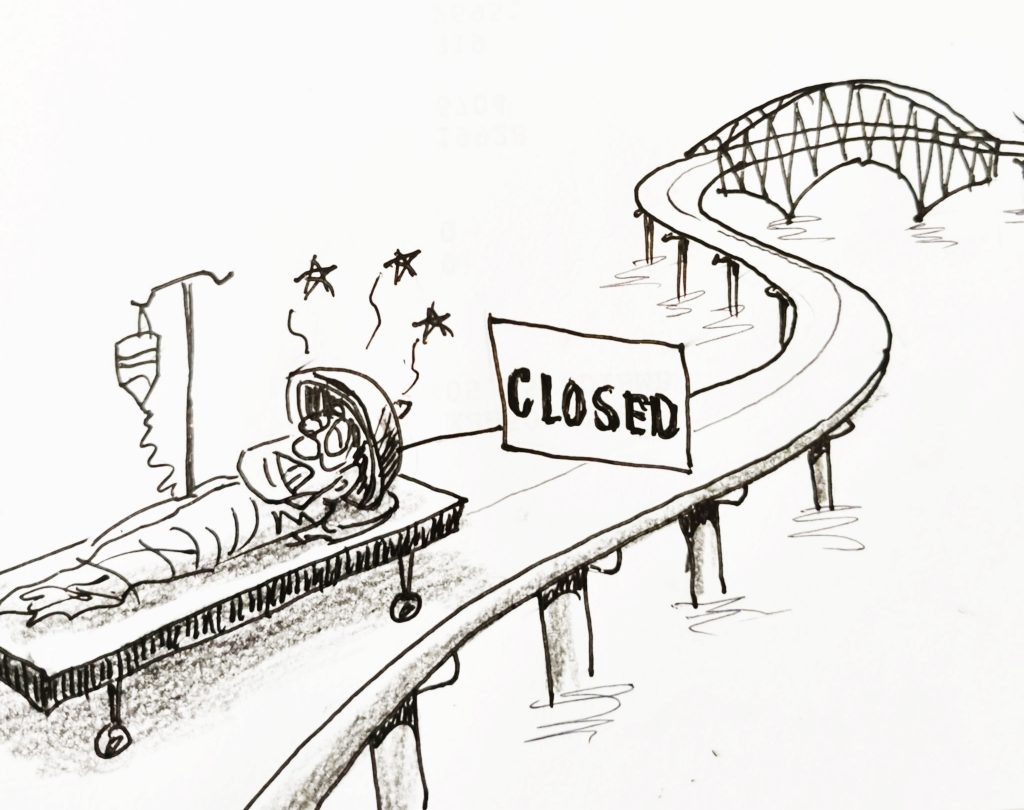The temporary closure of the San Juanico Bridge has created a costly disruption in the movement of people and goods between Samar and Leyte. It is not a minor inconvenience—it is a debilitating blow that is bleeding the region dry.
The economic repercussions are immediate and widespread. Businesses relying on fast, direct logistics have suffered delays and increased costs due to long reroutes through less-capable roads. Perishable goods, agricultural produce, and time-sensitive cargo are the most affected, resulting in revenue losses and disrupted supply chains. For small enterprises, especially those already struggling, this closure adds unbearable weight. The daily commerce that flows through this critical link between islands is now choked, and the region’s economic arteries are weakened.
Social losses are equally damaging. Commuters, students, and workers who traverse the bridge regularly are now forced to walk long distances or endure inconvenient detours. Elderly passengers, patients seeking hospital care, and students rushing to class now face an exhausting ordeal. This disruption extends beyond discomfort—it strains productivity, delays services, and burdens households already struggling with high transport and living costs.
On the cultural and political fronts, the closure has also dulled the symbolic and functional significance of the bridge as a unifying structure. San Juanico, long touted as an architectural pride and a physical emblem of national unity, is now reduced to a barricaded hazard. It raises serious questions about infrastructure maintenance, risk management, and the real capacity of the agencies tasked with keeping such a vital asset in full working condition. The silence or inaction of national and regional authorities in swiftly addressing this crisis is telling and unforgivable.
A structure as vital as San Juanico must never reach the point of becoming unusable. Authorities must be compelled not only to act, but to act wisely, transparently, and decisively. This incident must serve as a wake-up call—bridges are not just physical links but lifelines to a region’s economic health and public welfare. The longer the delay, the deeper the loss.




